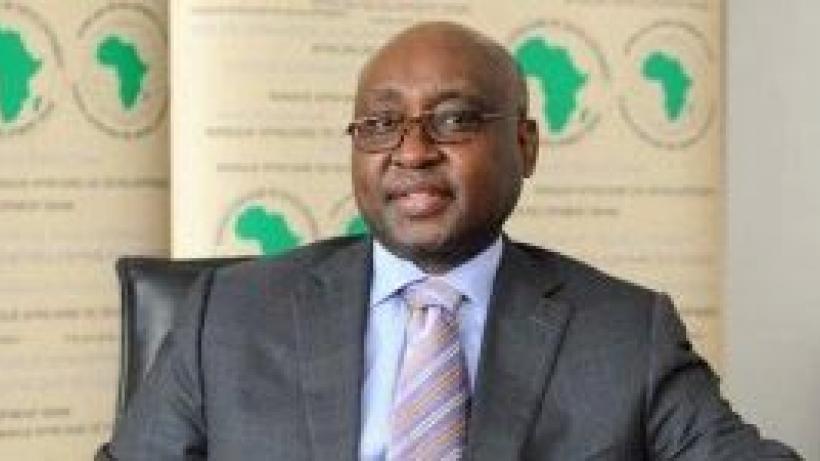
Public Lecture: Financing Africa’s future: infrastructure, investment and opportunity (Dr Donald Kaberuka)
-
Public Lecture - Donald Kaberuka - Pictures
PDF document • 1.76 MB
Audio and Video of the Lecture is now available on the LSE website.
Summary
The second public lecture of the IGC Growth Week 2014 was titled ‘Financing Africa’s Future – Infrastructure, Investment, and Opportunity’. Professor Leonard Wantchekon (Professor of Politics, Princeton University) chaired the lecture, the main speaker was Donald Kaberuka (President, African Development Bank), and Professor Sir Paul Collier (Director, IGC) was the discussant for the lecture.
The speaker, Donald Kaberuka, kicked off the lecture by elaborating on the changing narrative of Africa: while one narrative focuses on the rise of Africa, another is concurrently writing the continent’s obituary. Mr. Kaberuka mentioned that between 1980 and 2000, economic growth and per capita income in Africa was on the decline. However, between the year 2000 and now, per capita income has increased by around 30%. The major reasons behind this growth are factors such as domestic demand, stronger links with many emerging markets, and better management of public debt. He then went on to say that social inequality, the slow change in the economy’s structure, jihadism, and epidemics such as the current ebola one were some of the major challenges to economic growth in Africa.
Mr. Kaberuka said that Africa’s growth strategy should focus on ‘the 3 Is’- Integration, Institutions, and Infrastructure. For better integration, Africa needs to move towards single markets; it needs to develop better institutions such as rule of law, property rights, and political stability, and it needs to focus on infrastructure not simply as a challenge but also as an opportunity.
He pointed out that the infrastructure financing deficit in Africa is currently about $50 billion per year; to fill this gap, there is a need to target not only traditional forms of financing such as domestic bonds and natural-resource based cross-country deals, but also innovative solutions such as routing finances from consumption subsidies to infrastructure projects. He also mentioned that although this financing gap looks huge, international markets can easily fill this gap if African leaders ensured greater returns and reduced risks. He also mentioned that AfDB was taking several initiatives, such as the ‘Africa 50’ bond, to plug this gap.
The discussant, Professor Paul Collier, summarized four different classifications of infrastructure based on the mechanisms to finance them: infrastructure that private firms are ready to pay for, urban infrastructure that raises the value of the city itself and can be financed from the increased land values, infrastructure such as rural-roads network with a high social rate of return, and lastly, user-paid infrastructure. He also outlined some of the problems associated with financing of infrastructure, such as government hold ups and people’s expectation of infrastructure provision as a freebie.
By Abhimanyu Gahlaut, Country Economist, IGC India-Bihar

